Credit repair can seem complicated, but it’s important to know that is credit repair legal. This article will explain credit repair, how it works, and the laws that protect you. We will use simple language so that even an 8th grader can understand.
What is Credit Repair?
Credit repair means improving your credit score by fixing mistakes on your credit report, which is a detailed record of your credit history. Your credit report is like a report card for how well you handle borrowing money. If there are errors, like showing late payments you never made, your credit score can be lower than it should be. Fixing these errors can help raise your credit score.
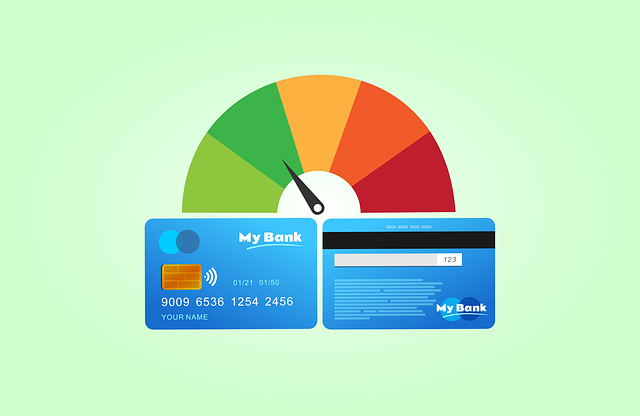
How Does Credit Repair Work?
- Get Your Credit Reports: You can get a free copy of your credit report from three major companies: Experian, TransUnion, and Equifax, once a year from AnnualCreditReport.com.
- Check for Mistakes: Look through your credit report carefully. Common mistakes include wrong account balances, payments marked late when they were on time, or accounts that don’t belong to you.
- Dispute Errors: If you find mistakes, you can write to the credit bureau that made the report and tell them what is wrong. They have to check and correct it if they find it’s really a mistake.
- Follow-up: The credit bureau will investigate and usually respond within 30 days. If they agree there is a mistake, they will fix it, and your credit score should improve.
Understanding Credit Repair Services
Credit repair services are designed to help individuals improve their credit scores by disputing and correcting errors on their credit reports.
These services are often provided by credit repair companies, which specialize in identifying and fixing inaccuracies that may be negatively impacting your credit score. The process typically begins with a thorough review of your credit reports to spot any errors or inaccuracies.
Once errors are identified, the credit repair company will work with the credit bureaus to dispute and correct the information. It’s important to understand that credit repair services are not a quick fix for bad credit. The process can take several months to a year, requiring patience and persistence.
Credit repair companies usually charge a monthly fee for their services, which can range from $69 to $149. Some companies may also offer tiered packages with additional services like credit monitoring or access to credit scores.
When selecting a credit repair service, it’s crucial to research the company’s reputation and reviews. Look for companies that are licensed and bonded, and make sure they provide a written contract that outlines their services and fees. Be wary of companies that promise to remove accurate negative information from your credit reports or guarantee a certain credit score.

Is Credit Repair Legal? Legal Aspects:
Credit repair is legal and is protected by two important laws: the Fair Credit Reporting Act (FCRA) and the Credit Repair Organizations Act (CROA). The credit repair industry is regulated by both federal and state laws to ensure consumer protection.
Fair Credit Reporting Act (FCRA): This law helps ensure your credit report is accurate. It gives you the right to dispute incorrect information on your credit report.
Credit Repair Organizations Act (CROA): This law sets rules for any credit repair organization that helps you repair your credit. It says:
Companies can’t ask you to pay before they do the work.
- They must give you a written contract explaining what they will do.
- They can’t lie about what they can do for you, like promising to remove accurate negative information.
Avoid Scams While Credit Repairing
While credit repair services can be helpful, the industry is rife with scams that prey on people with bad credit. To avoid falling victim to these scams, it’s essential to be aware of the warning signs. Here are some red flags to watch out for:
- Companies that demand upfront payment for services
- Companies that promise to remove accurate negative information from your credit reports
- Companies that guarantee a certain credit score
- Companies that don’t provide a written contract or inform you of your rights
If you’re considering hiring a credit repair company, make sure to research their reputation and reviews. Check if they are licensed and bonded, and ask about their fees and services before signing a contract. Be cautious of companies that seem too good to be true or make unrealistic promises.
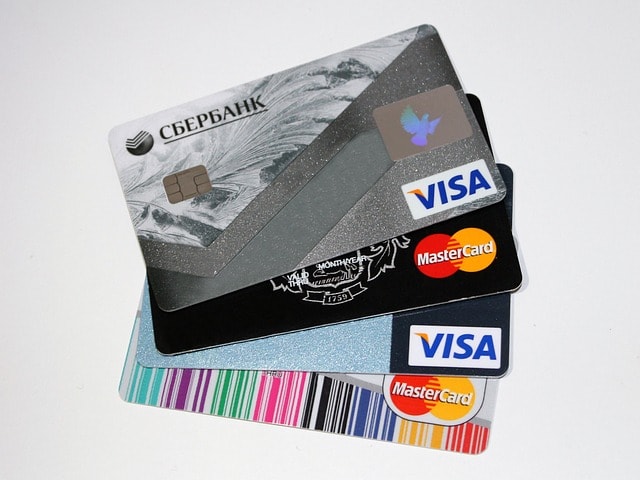
The Credit Repair Process
The credit repair process typically involves the following steps:
Obtain Your Credit Reports: You can request a free credit report from each of the three major credit bureaus (Experian, Equifax, and TransUnion) once a year.
Review Your Credit Reports: Go over your credit reports to identify errors or inaccuracies that may be negatively impacting your credit score.
Dispute Errors: If you find errors on your credit reports, you can dispute them with the credit bureaus. You can do this yourself or hire a credit repair company to help you.
Wait for the Investigation: The credit bureaus will investigate your dispute and remove any errors they find.
Monitor Your Credit Reports: Once the errors have been removed, monitor your credit reports to ensure that the information is accurate and up-to-date.
It’s essential to note that credit repair is a legal process governed by federal law, including the Credit Repair Organizations Act (CROA). The CROA requires credit repair companies to provide written contracts and to inform consumers of their rights. Credit repair companies are not allowed to demand advance payment for services, and they must provide accurate and truthful information to consumers.
Avoid Scams In While Using Credit Repair Companies
Not all credit repair companies are honest. Here are some signs you can identify scams:
It’s illegal for credit repair companies to ask for money before they do any work.
Be careful if a company promises to remove negative but correct information from your credit report. They can’t legally do that.
A good company will always give you a contract to sign.
They might be trying to scam you if they don’t explain your rights or tell you how the process works.
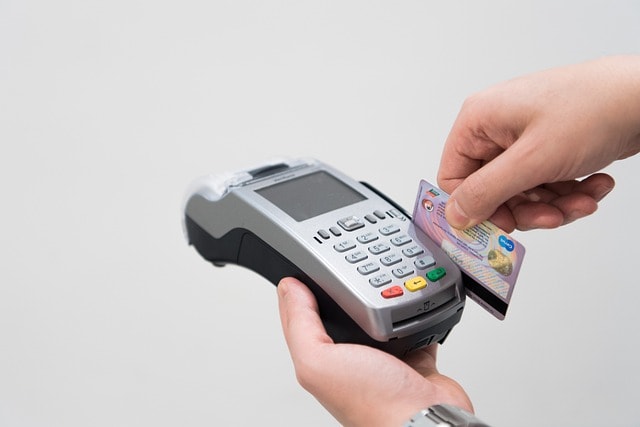
Can You Repair Your Credit Yourself?
Yes, you can! Here are some steps to follow:
Get Your Credit Reports: Use AnnualCreditReport.com to get your reports from Experian, TransUnion, and Equifax.
Look for Mistakes: Check each report for errors.
Dispute Mistakes: Write to the credit bureau and explain what is wrong. Include any documents that support your claim. Understanding how credit repair companies work can also help you navigate the process more effectively.
Pay Bills on Time: This helps improve your credit score over time.
Reduce Debt: Try to pay down what you owe. Keeping your debt low helps your credit score.
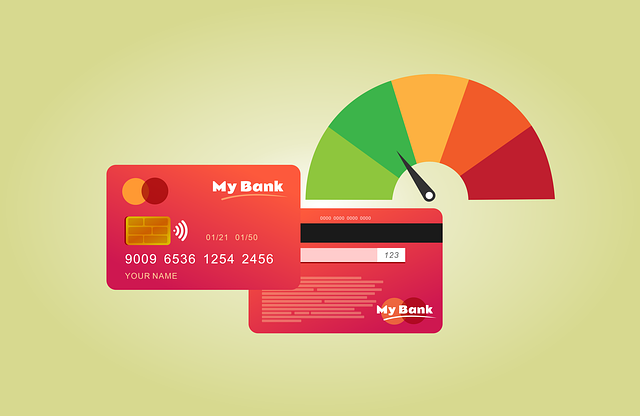
Laws That Protect You: Credit Repair Organizations Act
The FCRA and CROA help protect you and your credit. Certain negative information associated with applications for credit or life insurance can remain on your credit report for an extended period. They ensure that credit repair companies act fairly and honestly. The FCRA lets you dispute errors on your credit report, and the CROA ensures companies can’t take advantage of you.
Credit repair is legal and can help improve your financial health. Whether you do it yourself or hire a company, knowing your rights and the laws that protect you is crucial.
Always check for scams and understand what credit repair can and cannot do for you. This way, you can make informed decisions and improve your credit score.

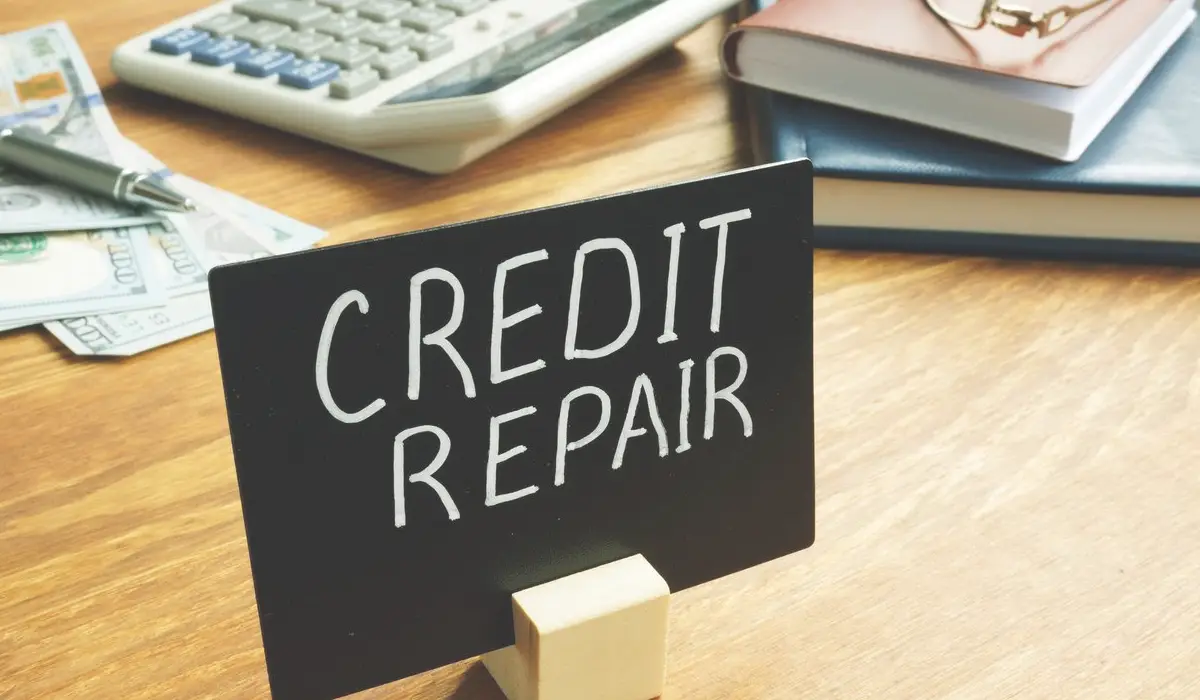
 Read More
Read More 




